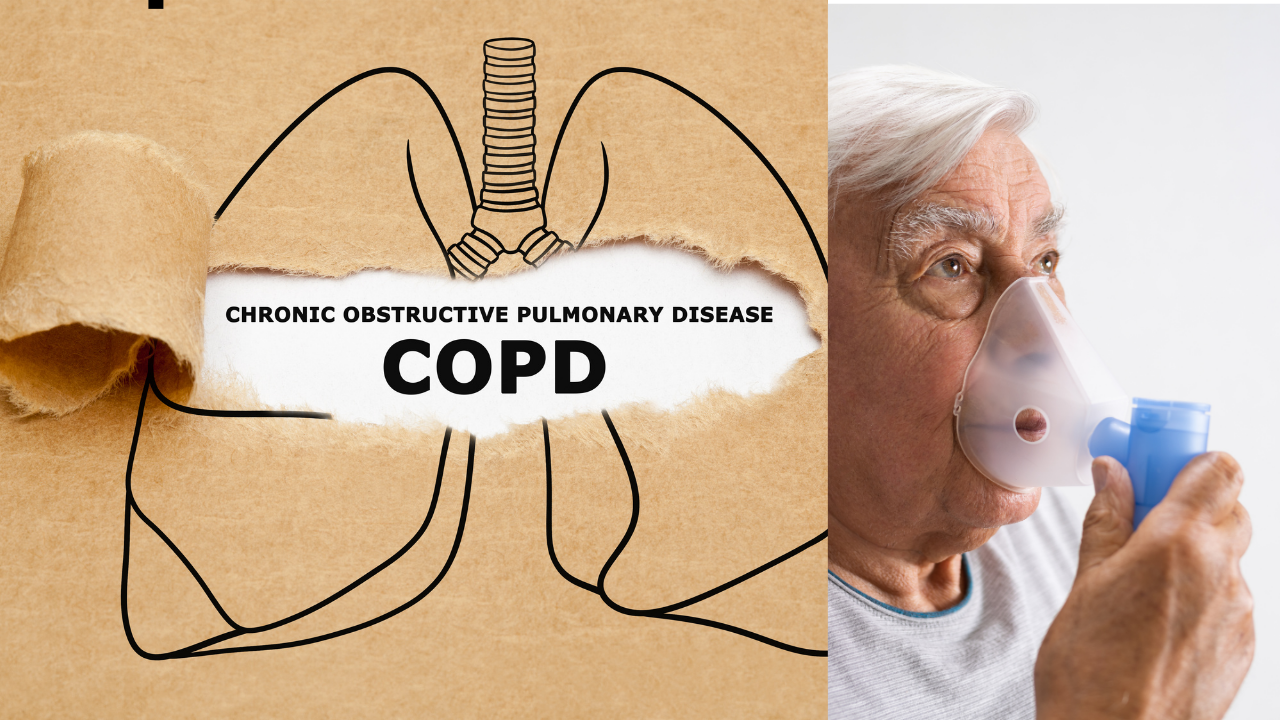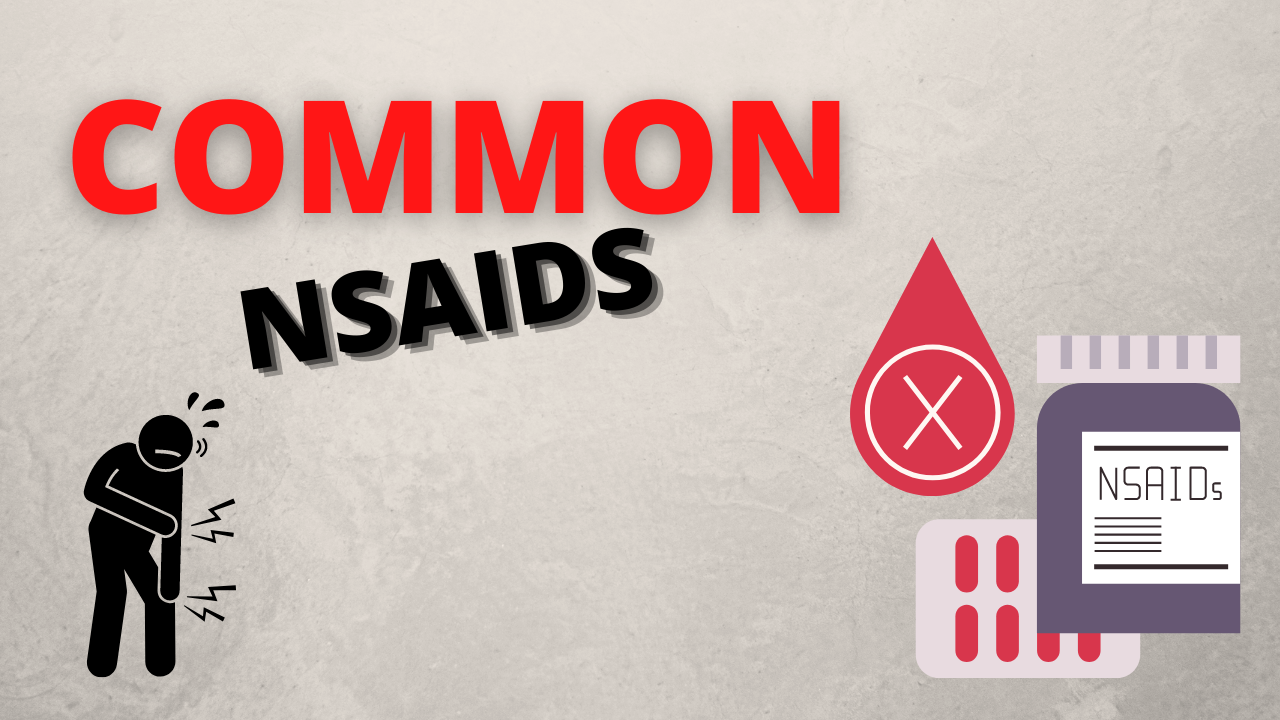What is Bisoprolol?
Bisoprolol is a medication used to treat high blood pressure. It belongs to a family of medications called beta blockers.
What are other uses for Bisoprolol?
Your health care provider might use this medication for a variety of reasons, and I have listed 3 other common uses here. These are off label uses: Angina, Atrial fibrillation/flutter, heart failure with reduced ejection fraction. Another, less common reason are ventricular arrhythmias.
How does Bisoprolol work?
Bisoprolol slows down your heart rate and relaxes your blood vessels. In this way your heart can pump blood into your blood circulation easier.
Bisoprolol dosing and administration?
Bisoprolol comes in the form of tablets. The doses are 5mg and 10mg.
The typical dosing for high blood pressure is 2.5mg and 5 mg daily. This dose can be increased to 10mg daily. If your health care provider chooses to increase the dose for better blood pressure control, titration is recommended weekly. Maximum dose is 20mg daily.
This medication should be taken once a day and can be taken with or without food. Usually, it is taken in the morning. However, if you take it once a day about the same time daily you should be good.
How long before Bisoprolol starts working?
The medication should start working within 2 hours. It takes about 2 weeks for this medication to reach its full effect.
Can Bisoprolol be taken during pregnancy?
According to the manufacturer: “there are no adequate and well controlled studies in pregnant women.” This medication is not recommended during pregnancy.
11 MUST KNOW TIPS about BISOPROLOL!
- You can’t suddenly stop taking this medication without talking to your healthcare provider. Suddenly, stopping this medication can cause chest pain, arrhythmias or even a heart attack. If you and your Doctor wish to discontinue this medication it should be tapered off.
- Patients with moderate to severe COPD or Asthma are at a higher risk of exacerbation of their symptoms as this medication can cause bronchospasm.

- This medication, like other beta blockers can influence your Central nervous system. Fatigue can occur in less than 1% of cases. Other side effects are anxiety, depression, drowsiness, headache, memory impairment, vivid dreams, or sexual dysfunction all in less than 1% of cases. If you start this medication you might want to start this medication at nighttime for a couple of nights before switching the medication to the morning. If you are interested in the side effects of another beta blocker, click right here.
- This drug is going to lower your blood pressure (hypotension) and lower your heart rate (bradycardia). This might make you feel dizzy when you suddenly get up. Take your time when you are getting up esp. from a sitting position. Be careful going up and down stairs.
- This medication can cause your blood sugars to fall causing a condition called hypoglycemia. If you are a diabetic make sure you are monitoring your blood sugar levels.
- If you have kidney problems with a creatinine clearance of less than 40 mL/min, your dose must be adjusted. The recommended dose is 2.5mg daily.
- Some of you might experience cold hands and feet. This is rare.To help with these symptoms you can wiggle your toes and your feet. You can also try placing your hands and feet under warm water. Massaging can also help alleviate symptoms.
- If you regularly take medications such as Ibuprofen, Advil, Motrin (they are all examples of NSAIDS), this can interfere with the effect of Bisoprolol. Would advice against taking NSAIDS regularly with this medication for longer periods of time as NSAIDS can increase your blood pressure.

- Here are the most common side effects of this medication: chest pain(1%), Gi side effects such as constipation, diarrhea(3%), vomiting(1%),fatigue (7%), weakness(1%),Shortness of breath (1%), upper respiratory infection (5%), slow heart rate(1%), decreased sensation of your extremities(1%), headache (11%)
- Alcohol can increase the blood pressure lowering effect of this medication. It can make you feel unsteady and lightheaded. Would advise not to take Alcohol with this medication.
- Bisoprolol should not be given if you have a very low heart rate, have acute and overt heart failure, are in cardiogenic shock or in a heart block type 2 or 3.Your healthcare provider will be checking for this during their physical examination.
Here are other videos which you can follow. Have a good day and Think your Health.
Sources:
- https://www.uptodate.com/contents/
- https://www.rxlist.com/consumer
- https://www.goodrx.com/bisoprolol/
- https://www.nhs.uk/
- https://www.drugs.com/tips/bisoprolol-patient-tips





